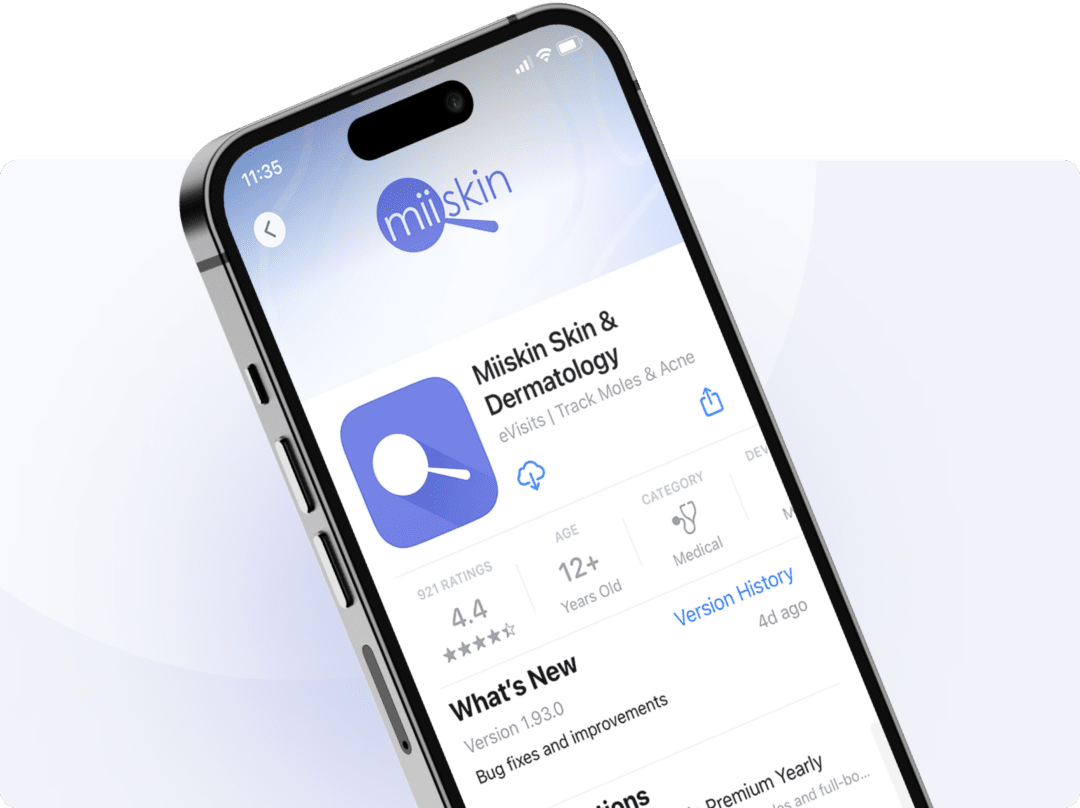Acne (pimples) self-care tips: How to take care of your skin
Whether you’re an adult dealing with hormonal or cystic acne or a young person attempting to manage bothersome breakouts, you can take some simple self-care measures to clear your skin from acne.
Covered in this article:
What is Acne | Types of Acne | What Causes Acne? | What Makes Acne Worse? | Self-Care Tips | Common Acne Medications
Our commitment to producing high-quality content:
The information presented in this article is based on scientific research and the professional advice of our Content Medical Reviewers, who are experts in the field of Dermatology. How we write our content →
Acne vulgaris (commonly known as pimples) is the most common dermatological condition, and almost everyone will experience acne at some point.
Acne usually starts during the teenage years because hormone changes cause glands in your follicles to produce too much oil. Your skin pores become blocked with this oil, trapping dead skin cells and bacteria1. Acne often appears on the face, neck, chest, back, and upper arms.
Pimples are extremely common; they affect up to 80 to 90% of teenagers and young people in their 20s, but they can continue to appear later in life, especially in women2.
In addition to the teenage years, pimples are common in women during menstruation, after childbirth, and menopause since the hormonal activity in the body changes.
Adult onset acne, which may be hormonal driven, and may be nodulocystic amongst other forms of acne, can create deeper cysts under the skin and more inflammation. Adult acne usually requires dermatology care and prescription medications.
Some people get more pimples than others because of genetics, hormones, environmental factors, or medications.
Types of acne spots (pimples)
Acne can present itself as different types of skin lesions, including :
- Inflamed papules (small red bumps)
- Pustules (white or yellow spots)
- Comedones (blackheads and whiteheads)
- Nodules (large red lumps)
- Pseudocysts (cyst-like fluctuant swelling)
- Secondary lesions3
What causes acne (pimples)?
These are the main causes of acne:
- Hormonal changes
- Excessive production of oil
- Hair follicles blocked by oil and dead skin cells
- Bacteria
- Inflammation4
- Some hair styling products (pomade acne)
- Some makeup products (acne cosmetica)
Consult a Board-Certified Dermatologist Now!

Download the Miiskin app to connect with independent, board-certified dermatologists who are licensed in your state. Answer a few questions, upload some photos and get a treatment plan in 1-2 days. Consultation price is $59 and medication renewals are only $39.
Online dermatology care is ideal for chronic dermatology conditions.
What makes acne worse?
Certain factors, such as stress, oily hair or makeup products, foods, sleep deprivation, and smoking, have been linked to worsening acne.
- Stress
- Greasy cosmetics
- Sweat
- Use of oily skin or hair care products
- Hot and humid weather
- Menstruation
- Certain medications5 6
- Certain foods, such as dairy products7
Acne vulgaris self-care tips
Acne cannot be cured entirely, but it can be managed with the proper treatment, which includes medication and a self-care routine for acne8
Applying skincare products for acne-prone skin is only one way to prevent and control breakouts.
Caring for acne-prone skin may also include lifestyle changes, including skin care regimens.
How to improve acne?
It takes more than just simply using one product after another to treat acne.
These acne self-care techniques and a few simple lifestyle and skin care adjustments may be helpful:
- Wash your skin twice a day (morning and evening) and after sweating with mild soap and lukewarm water
- Do not touch your face throughout the day
- Do not squeeze spots
- Use gentle and non-comedogenic makeup, skincare, and sunscreen products
- Avoid using too much makeup
- Remove makeup before sleeping
- If dry skin is a problem, use a fragrance-free, water-based emollient
- Stay away from tanning beds
In addition to the tips mentioned above, having a good skincare routine for acne can help clear your skin from pimples 9 10
Common acne medication
Acne medications reduce oil production and swelling or treat other forms of inflammation. Most acne prescriptions will produce results in four to eight weeks, but it can take months or years for your acne to clear up completely.
The treatment given by your healthcare provider depends on your age, the severity of your acne, and the type of acne. Usually, healthcare providers can prescribe a combination of topical agents (creams) and oral medication (pills).
Most common topical acne medications (acne creams and gels)
- Retinoids such as tretinoin (Avita, Retin-A, others), adapalene (Differin), and tazarotene (Tazorac & Avage)
- Antibiotics such as clindamycin with benzoyl peroxide (Benzaclin, Duac, others) and erythromycin with benzoyl peroxide (Benzamycin).
- Azelaic acid and salicylic acid such as (Azelex, and Finacea)
- Dapsone (Aczone)11
- Topical spironolactone which is a topical anti-androgen medication typically used for acne with hormonal causes.
Most common oral acne medications (pills for acne)
- Antibiotics such as tetracyclines (minocycline, doxycycline) and/or macrolides (erythromycin, azithromycin)
- Oral contraceptives such as Ortho Tri-Cyclen 21, and Yaz
- Anti-androgen agents such as spironolactone (Aldactone), isotretinoin (Amnesteem, Claravis, Acutane, Oratane, Roaccutane)12
Consult a Board-Certified Dermatologist Now!

Download the Miiskin app to connect with independent, board-certified dermatologists who are licensed in your state. Answer a few questions, upload some photos and get a treatment plan in 1-2 days. Consultation price is $59 and medication renewals are only $39.
Online dermatology care is ideal for chronic dermatology conditions.
Article References:
1 https://www.mydr.com.au/pharmacy-care/acne-self-care/
2 https://www.mydr.com.au/pharmacy-care/acne-self-care/
3 https://medlineplus.gov/ency/patientinstructions/000750.htm
4 https://www.mayoclinic.org/diseases-conditions/acne/symptoms-causes/syc-20368047
5 https://www.medicalnewstoday.com/articles/107146#causes
6 https://www.mydr.com.au/pharmacy-care/acne-self-care/
7 https://www.healthline.com/health/dairy-and-acne#how-dairy-affects-skin
8 https://www.nhs.uk/conditions/acne/
9 https://www.nhs.uk/conditions/acne/
10 https://www.aad.org/public/diseases/acne/skin-care/tips
11 https://www.mayoclinic.org/diseases-conditions/acne/diagnosis-treatment/drc-20368048#
12 https://www.mayoclinic.org/diseases-conditions/acne/diagnosis-treatment/drc-20368048#
Skin conditions and treatments
Articles written in collaboration with dermatologists
Facial treatment for seborrheic dermatitis
How to get rid of rosacea permanently?
How to calm a rosacea flare-up fast?
Spongiotic dermatitis: What is it and what is the best treatment?




 Interested in getting acne treatment?
Interested in getting acne treatment?